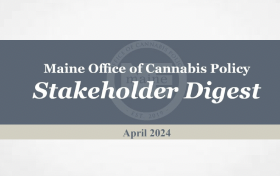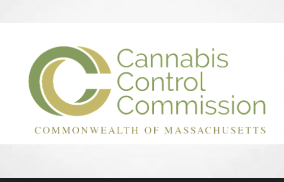10 January 2017
The ABA journal reports
Lawyers advising clients on marijuana laws may run afoul of ethics rules
Once a staple of this country’s underground economy, marijuana is steadily becoming an accepted product in the legitimate market. With more than 30 states or U.S. territories permitting marijuana for various types of medicinal uses, and a few states even legalizing its recreational use, lawyers are increasingly being called on to advise clients on their marijuana cultivation businesses.
If anything, the trend toward legalization appears to be picking up steam. On Election Day, voters in Arkansas, Florida and North Dakota approved medical marijuana initiatives. Recreational marijuana initiatives were approved in California, Maine, Massachusetts and Nevada (at press time, Maine was undergoing a ballot recount).
A key question is whether a lawyer advising a client on the cultivation, sale or use of marijuana under state law runs afoul of professional conduct rules given that such activities are illegal under federal law, which still classifies marijuana as a Schedule I controlled substance under the Controlled Substances Act. Under the CSA, it is illegal to manufacture, distribute or dispense a controlled substance. In other words, cultivating marijuana, even for medicinal purposes, violates federal law regardless of whether it is permitted by state law.
The Board of Professional Conduct in Ohio addressed this question in Opinion 2016-6, issued Aug. 5, a month before the state law permitting the cultivation, processing, sale and use of medical marijuana under a state licensing and regulatory framework went into effect on Sept. 8.
Opinion 2016-6 cites Rule 1.2(d) of the Ohio Rules of Professional Conduct, which prohibits an attorney from assisting a client in conduct the lawyer knows is illegal. That rule “does not distinguish between illegal client conduct that will, or will not, be enforced by the federal government,” the opinion notes.
Thus, a lawyer violates the Ohio Rules of Professional Conduct if he or she helps a client file an application for a marijuana license, represents a client before medical marijuana regulatory boards or drafts or negotiates contracts with vendors for medical marijuana businesses—all legal activities under state law—because they are illegal under federal law.
“Unless and until federal law is amended to authorize the use, production and distribution of medical marijuana, a lawyer only may advise a client as to the legality of conduct either permitted under state law or prohibited under federal law and explain the scope and application of state and federal law to the client’s proposed conduct,” states the opinion. “However, the lawyer cannot provide the types of legal services necessary for a client to establish and operate a medical marijuana enterprise or to transact with medical marijuana businesses.”
The opinion also says that a lawyer’s personal use of medical marijuana may constitute a violation of Rule 8.4(b), which prohibits activities that may reflect adversely on the lawyer’s honesty or trustworthiness, or Rule 8.4(d), which prohibits conduct reflecting adversely on the lawyer’s fitness to practice law.
JUSTICE WALKS SOFTLY
While this interpretation may strike some as draconian, there does not appear to be an active movement to start punishing lawyers working in the marijuana field. Indeed, the U.S. Department of Justice in 2013 issued a memorandum stating that its general policy is not to interfere with the medicinal use of marijuana pursuant to state law, provided that the state tightly regulates and controls the market.
“As far as I know, no attorney has ever been disciplined for providing typical services to someone who is obeying state law on medical marijuana,” says Robert Mikos, an expert on federalism and drug law who teaches a course on marijuana law and policy at Vanderbilt University Law School in Nashville, Tennessee.
Many experts say the Ohio Board of Professional Conduct reached an appropriate conclusion. “Opinion 2016-6 employs an exclusively textual approach to the issue, and its literal parsing of the Rules of Professional Conduct is correct,” says David F. Axelrod, a partner at Shumaker, Loop & Kendrick in Columbus, Ohio, whose practice includes advising clients on compliance with the state’s medical marijuana law. “Nonetheless, it makes no sense on a policy basis. For instance, one of the considerations that supports allowing attorneys to advise clients in this situation is that attorney discipline is state-based, and the state should interpret its own rules in a manner consistent with other state laws.”
Read the full article at
http://www.abajournal.com/magazine/article/marijuana_legal_ethics_rules/

















